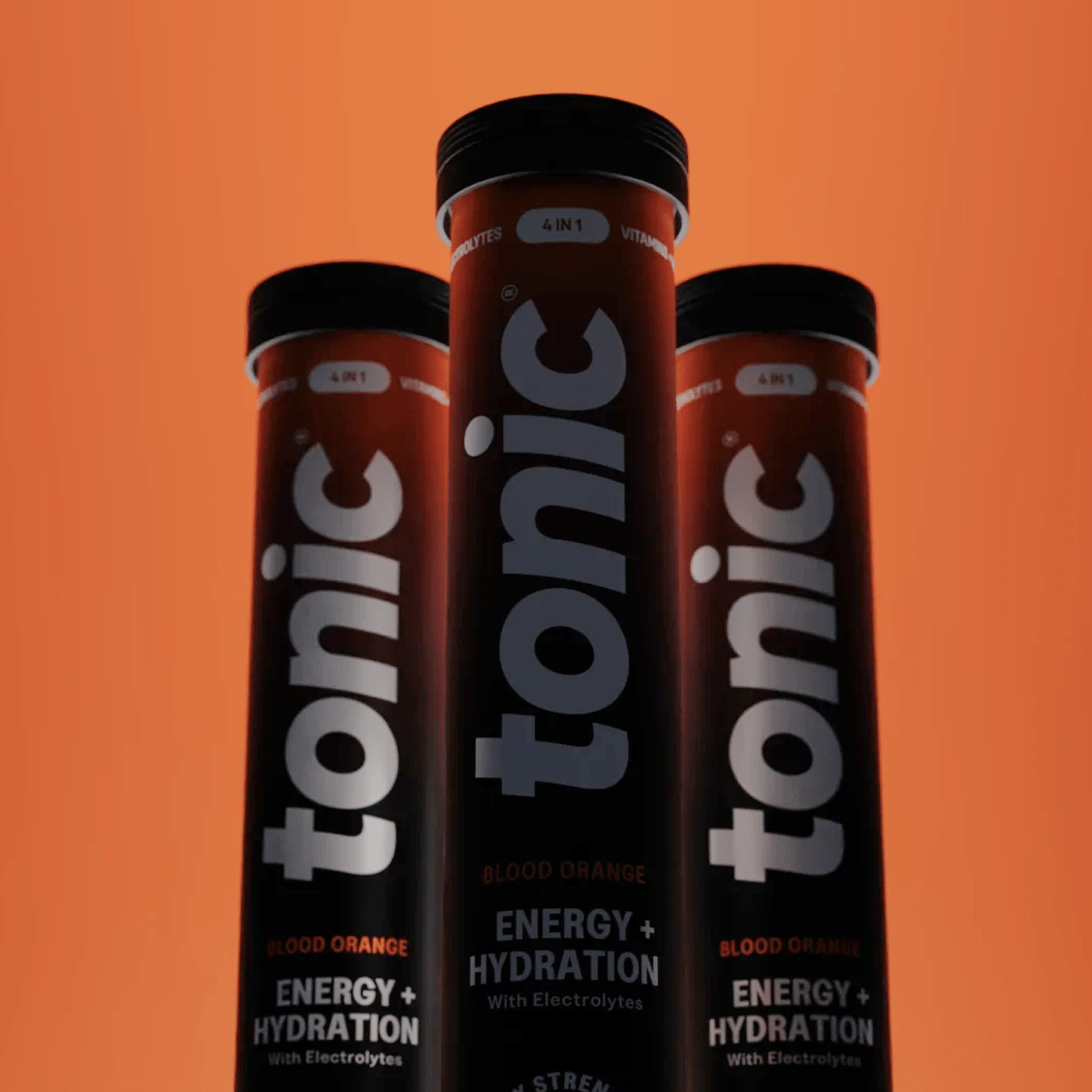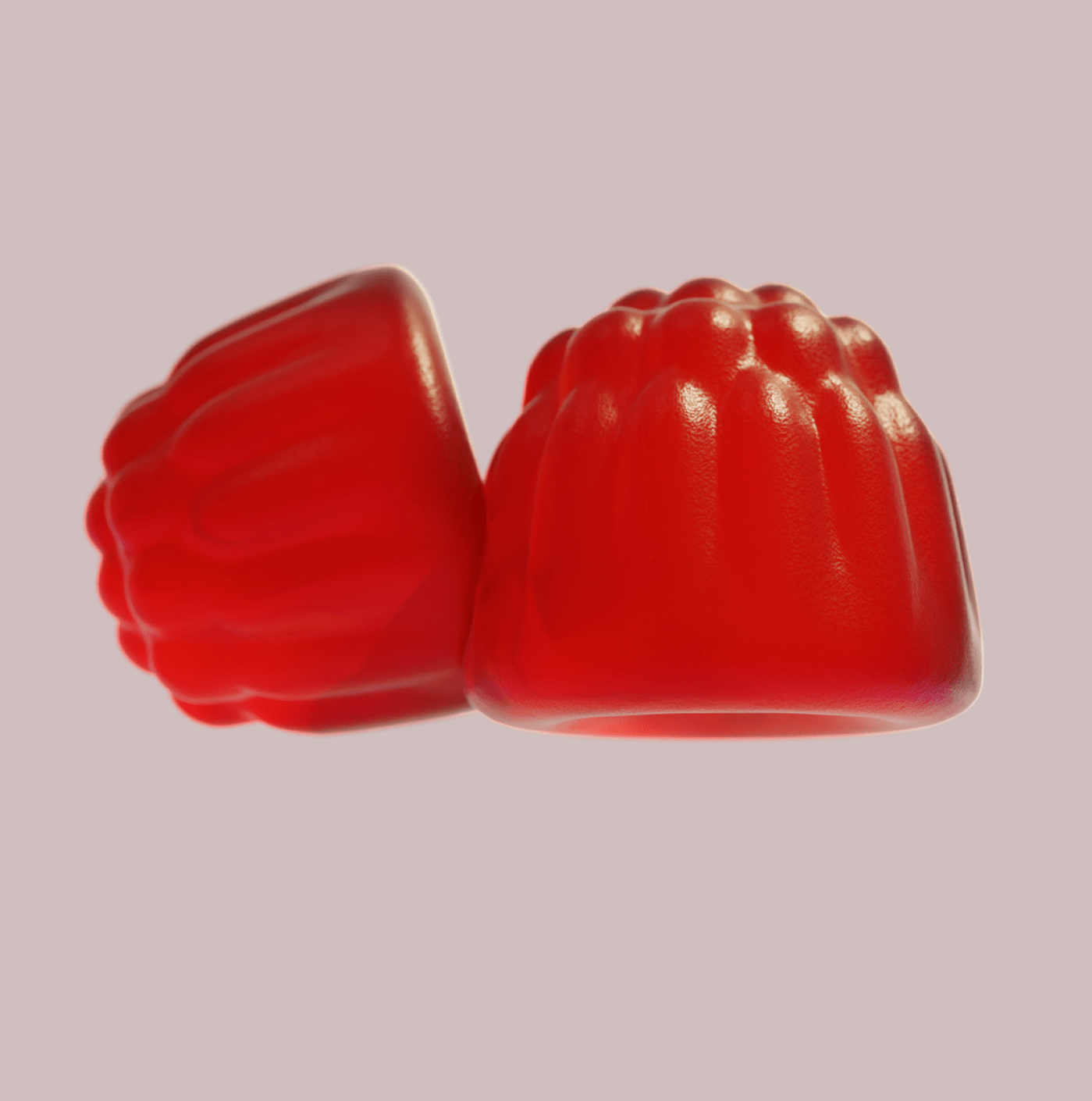Think of it this way: is the amount of water you need consistent throughout each and every day? Definitely not. Go to the gym or for a run and you’ll soon find yourself reaching for a bottle of water or some electrolytes to quench your thirst. That’s because exercising puts strain on your body and by sweating you’re losing water and minerals which then need to be replenished. From a vitamin perspective it is much the same: vitamin requirements fluctuate depending on the situation we’re in. If you’re stressed, run-down, fighting off an infection, or lacking sleep, the amount of vitamins your body needs for optimal health is much higher.
Let’s start off with stress. It’s something we’ve all felt at various points in our life (probably more often than we’d like, especially with all the uncertainty over the course of the last year). Many of us have tried and tested techniques we turn to to manage our stress levels (read blog on 7 ways to stay calm in a stressful situation), but one thing you might not have thought of was to up your vitamin C intake. Goats are one of many mammals who are able to synthesise their own vit C, usually between 4-13g in normal circumstances, but this can increase up to 100g when they’re stressed! So why, in times of stress, should humans be any different? Studies have indicated that people with high levels of vitamin C tend to exhibit less of the expected mental and physical signs of stress when subjected to acute psychological challenges. They also seem to recover better from stressful situations faster than people with low levels of vitamin C. A German study asked 120 people to complete a public speaking task combined with math problems. Half of those studied were given 1,000 mg of vitamin C. Elevated levels of cortisol and high blood pressure were significantly more present in those who didn’t get the vitamin C supplement, and those who did reported feeling less stressed. A 2020 study by Paul Marik, MD, FCCM, FCCP, concluded that “treatment with vitamin C appears to restore the stress response and improve the survival of stressed humans.”
Similarly, in a randomized placebo-controlled trial, Brody et al. demonstrated that oral vitamin C attenuated the blood pressure, cortisol, and subjective responses to psychological stress in human volunteers. Another randomised, double-blind, placebo-controlled trial, 42 high school students given either 500mg vitamin C supplements or placebo. The results showed that vitamin C reduced anxiety levels…
Okay, so in times of stress the need for vitamin C goes up. And the same is true if your immune system is fighting an infection. One example of this comes from rats, who are another mammal that synthesise vitamin C according to their needs: in normal circumstances, they make 70mg of vitamin C per kg of body weight each day, but when sick they make up to three times more (optimal ref). Looking into the needs of humans, some scientific studies have administered doses of up to 8 grams of vitamin C per day to an individual when experiencing cold and flu to have the maximum impact. That’s an incredible 100x more than your RDA. In trials involving marathon runners, skiers, and soldiers exposed to extreme physical exercise and/or cold environments, prophylactic use of vitamin C in doses ranging from 250 mg/day to 1 g/day reduced cold incidence by 50%
Dr Robert Cathcart used vitamin C doses in his practice to manage and/or cure a variety of illnesses, having realised that in times of illness, the body needs and can tolerate significantly higher doses of vitamin C.

While no amount of vitamin C can guarantee that you won’t catch a virus or cold, previous research has indicated that it may help to shorten how long cold symptoms last.
You may also be interested to know that there are other factors (such as being a smoker) which further increase the amount of vitamin C you need. It is thought that smoking depletes vitamin C levels in the body because smoking and exposure to other pollutants can lead to oxidative stress, which vitamin C helps to combat.
So given that the amount of vitamin C we need throughout our life is really quite variable, how come the RDA is set so low compared to quantities that are really beneficial to our bodies when we are stressed, sick, or tired? Well, rather than being the amount recommended for optimal health, the RDA for vitamin C is actually only enough to prevent scurvy. If you want further proof as to why higher quantities of vitamin C are needed, consider this study by Perret et al., where a patient who was in intensive care developed scurvy despite being administered 130mg/day of vitamin C since his admission. It was only when his dose was increased to 1g/day for 4 weeks that the symptoms were relieved.
Since we can’t store vitamin C long term, it is important to include a range of daily sources in our diet. You can stick to the RDA if you like, but know that it might not be enough for optimal health, and you might want to consider higher doses when you need it most.
So, what this suggests is that the best way to approach your vitamins is perhaps to have a daily supplement that covers your base needs, but then in times of need, keep additional supplements on hand to help your body function optimally.
Sources:
https://www.optimalc.com/doses-of-vitamin-c.html
https://www.optimalc.com/how-much-vitamin-c.html
https://www.ncbi.nlm.nih.gov/pmc/articles/PMC7024758/
https://pubmed.ncbi.nlm.nih.gov/26353411/
https://www.sciencedaily.com/releases/2017/03/170330115246.htm
https://pubmed.ncbi.nlm.nih.gov/11862365/
https://www.sciencedirect.com/science/article/pii/S0955286320304915







Leave a comment
All comments are moderated before being published.
This site is protected by hCaptcha and the hCaptcha Privacy Policy and Terms of Service apply.